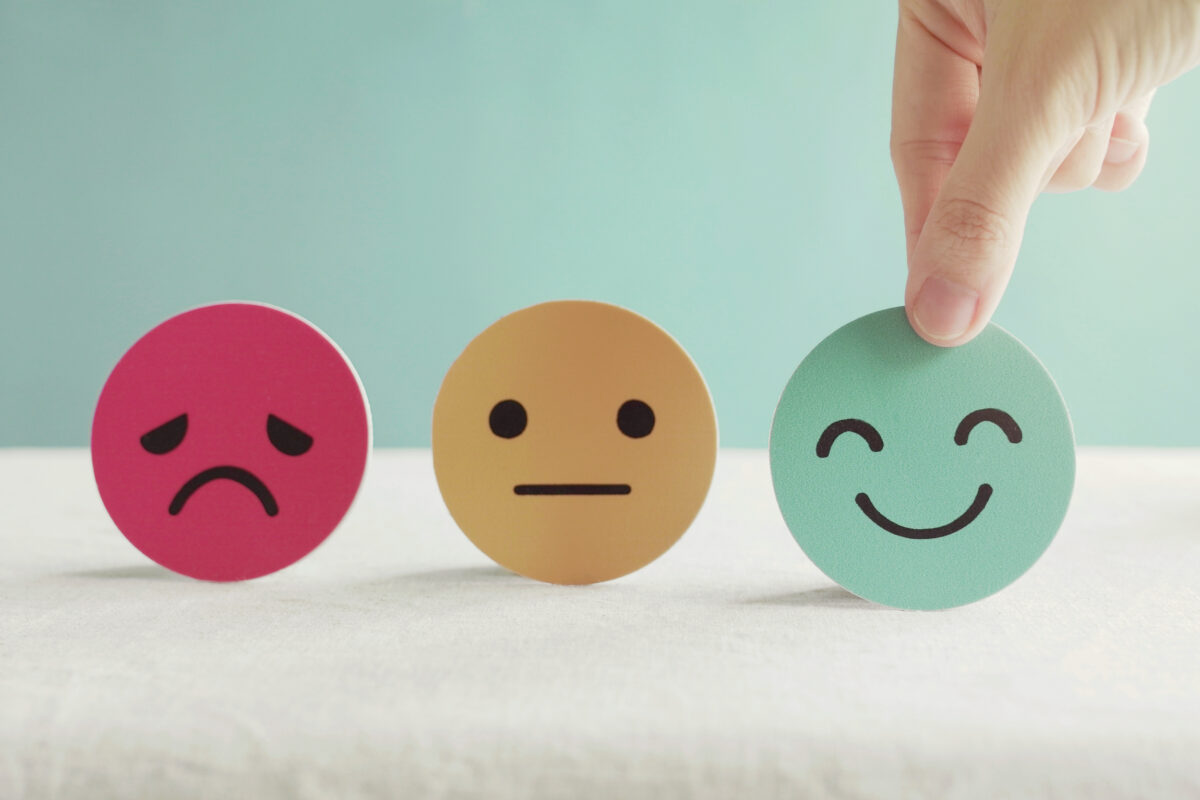What is Anger?
Anger is a natural emotion of the human experience. It is a feeling that people struggle to understand, for themselves and others, as it can be uncomfortable, unpredictable, and even harmful when uncontrolled.
There are three types of anger. The first type is passive aggression, which is subtle and happens when the emotion is present, along with a fear of confrontation. The second type is open aggression, recognizable since it involves outward attacks that can be both verbally and physically abusive. The third type is assertive anger, considered a valuable form of the emotion when used positively through the medium of communication.
Anger is a coping mechanism used to avoid facing challenging emotions or behaviors. The causes of anger are rooted in fear and pain, often triggered by external forces or underlying trauma that is unhealed. As a result, addiction can accompany the emotion since drugs and alcohol are regularly used to soothe, block, or deepen feelings of anger.
Why Anger Accompanies Addiction
Individuals who use substances as emotional support to cope with anger run the risk of developing an addiction when drugs or alcohol become the only way for someone to escape their feelings.
Anger releases endorphins and adrenaline in the body. Stimulants, like cocaine and amphetamines, can be used to replicate the physical response to anger when it subsides. Depressants like alcohol and benzodiazepines can be used to calm an activated central nervous system.
Despite its sedative properties, alcohol and anger can be a volatile combination since drinking alcohol can lower inhibition and affect self-control. The effect can trigger aggressive or risky behavior, often damaging relationships with oneself and others and incurring adverse consequences.
How to Recognize & Work with Anger
Anger can be present in those struggling with addiction when a person is too high, unable to get high, or during withdrawal. It can manifest as agitation, outbursts, or anxiety. Physical signs of anger are clenched fists or jaw, sweat, headache, nausea or loss of appetite, and lack of sleep. Over time, the powerful emotion affects the heart, blood pressure, and mental performance.
When working to understand anger, it is vital not to reject or deny the emotion. Making progress with anger takes time, patience, and healthy coping strategies to ensure positive steps forward. Talking with a therapist can help start a dialogue around anger and demonstrate how to express
the emotion in safe and productive ways. Conversations with a trusted friend or loved one could help shed light on triggers and behaviors or provide support. Taking meditation classes, going for walks, listening to calming music, and reading can all be beneficial in regulating anger. Journaling is useful as it can be a safe place to explore the root causes connected to anger and encourage the self-awareness needed to start the healing process.
If you or someone you know is struggling with alcohol use disorder, JADE Wellness Center, Pittsburgh’s First comprehensive medicated assisted treatment center, can help. We provide a comprehensive variety of individualized, flexible drug and alcohol outpatient treatment options for adults, adolescents, and families struggling with chemical dependency issues at all stages of the addiction process. To learn more about our onsite and telehealth services, visit myjadewellness.com or call 412-380-0100.
Resources
www.therecoveryvillage.com/recovery/related/coping-anger-addiction-recovery
www.recovery.org/pro/articles/how-understanding-anger-revolutionizes-addiction-recovery
www.addictioncenter.com/addiction/anger-management/

